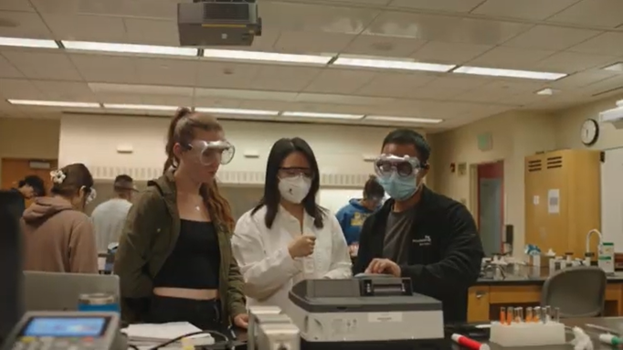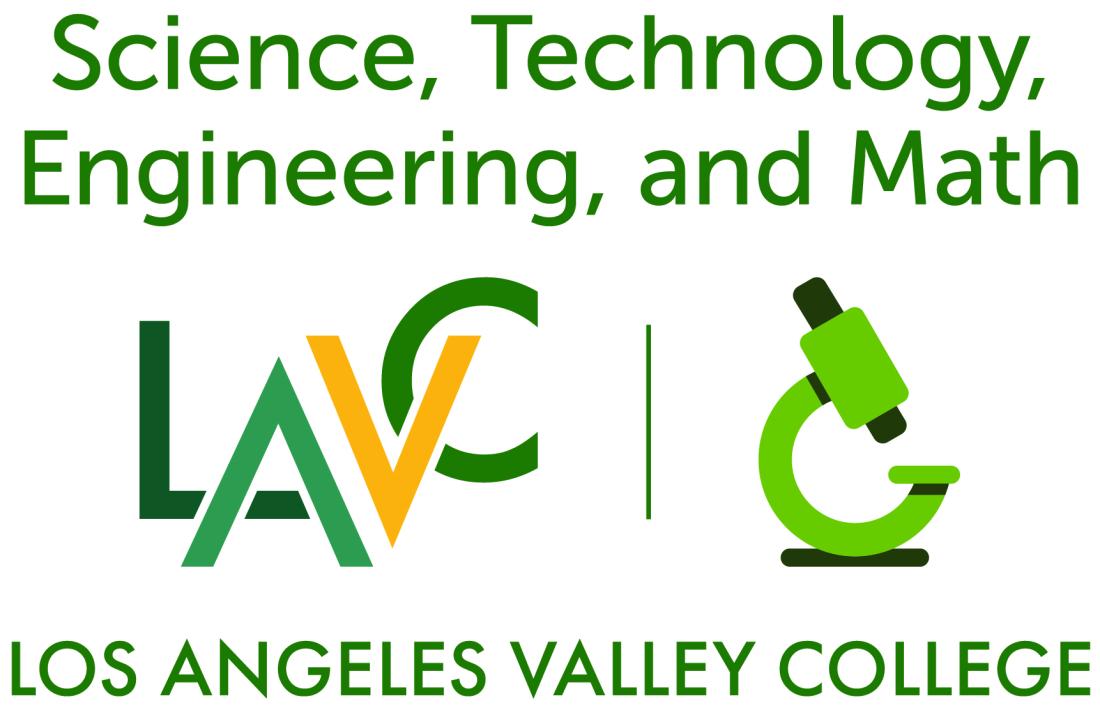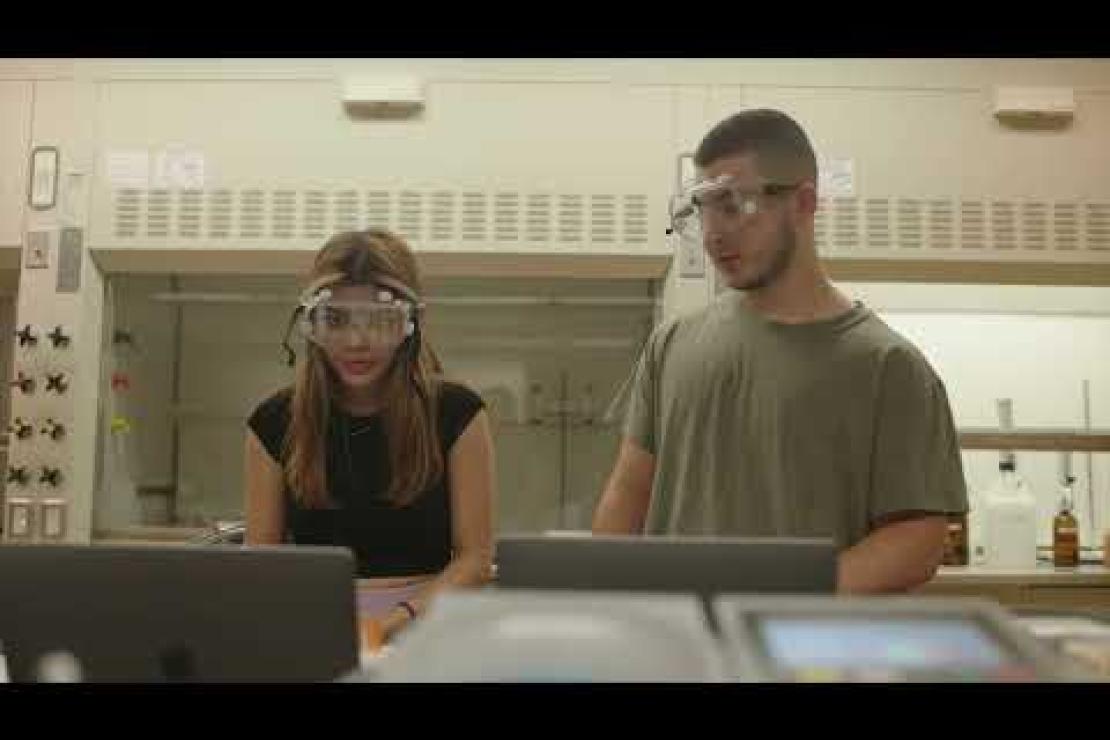Chemistry
Chemistry
Chemistry Degrees
Click the tabs below to find out about the Chemistry degrees.
Students will be introduced to the fundamental concepts of chemistry including atomic and molecular structure, nomenclature of inorganic and organic compounds, stoichiometry, gas laws, solution chemistry and the physical properties of gases, liquids, solids and solutions. Students will also be introduced to a variety of chemical reactions encountered in inorganic and organic chemistry. Completion of these courses along with several general education requirements partially meets the guidelines for the University of California Transfer Pathway in Chemistry.
Adjunct Faculty & Lab Technicians
Click below for a list of adjunct faculty and lab technicians. For a complete list of LAVC faculty search the LAVC Directory.
| Name | Contact Information |
|---|---|
| Cassius Amorin | |
| Edmond Anderiassian | |
| Madlina Babakhanlou | |
| Henry Choi | |
| Robert Frisbee | |
| Margaret Gifford | |
| Timothy Kautiainen | |
| Morshed Khandoker | |
| Kaveh Kokabi | |
| Gagik Labadzhyan | |
| Arno Papazyan | |
| Andrew Patalano | |
| Chanda Shukla Deo | |
| Sarkhadoun Yadegar | |
| Ligia Zelaya |
Click below to learn about the Chemistry faculty.
LAVC Career & Academic Pathway - Chemistry



